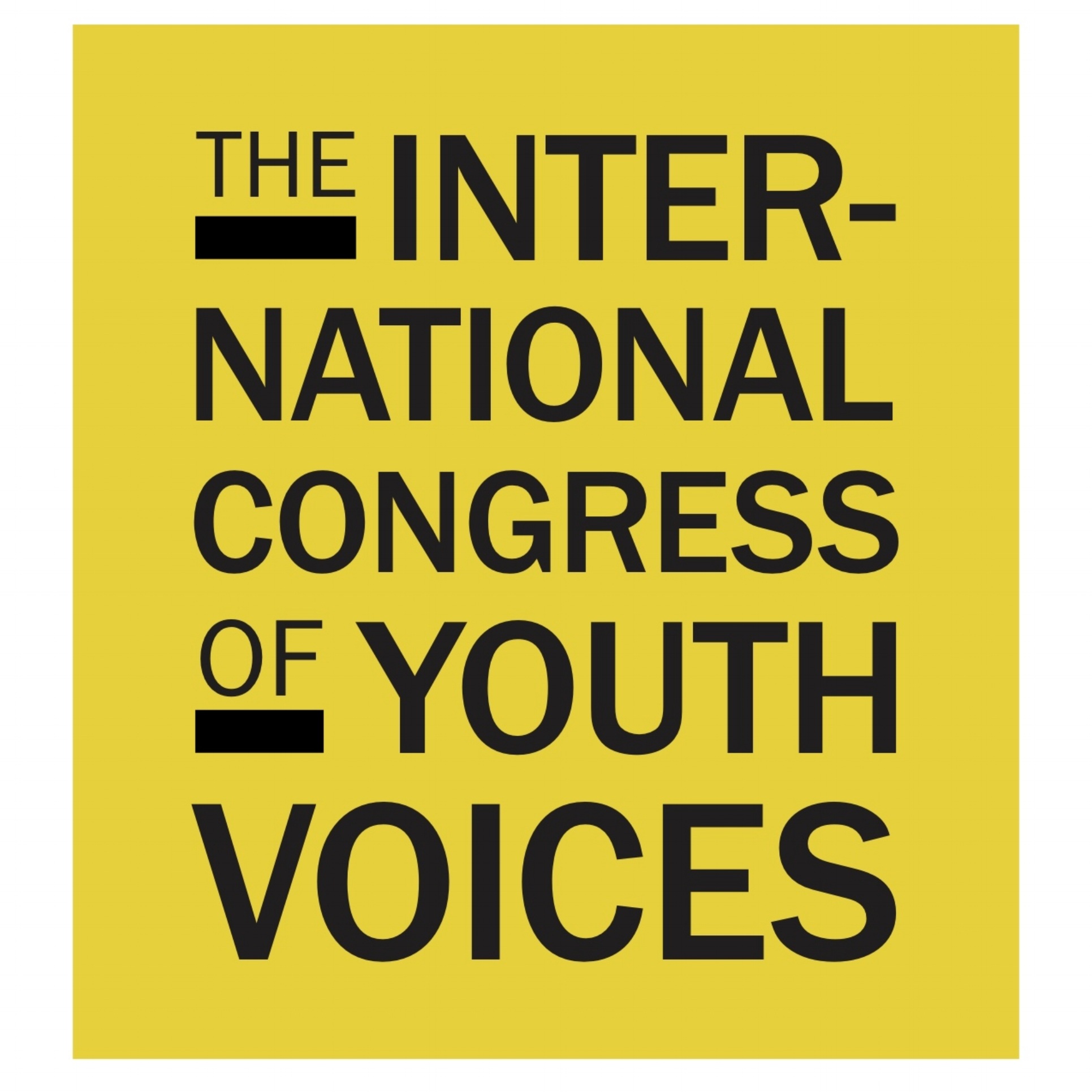IMAN NAJARINE-PODBURY, 16
Born and bred in Sydney, Australia, Iman Najarine-Podbury is devoted to seeing change among multicultural youth with diverse stories and backgrounds. Najarine-Podbury engages in youth-led organisations to benefit school environments for youth. As a Multicultural Youth Ambassador at the Multicultural Youth Advocacy Network (MYAN), Najarine-Podbury has the opportunity to have a voice in local community decisions and simultaneously providing similar platforms for other young people.
Najarine-Podbury’s mixed-race Muslim identity drives her fight for racial equity amidst a society filled with power imbalances based on race. Najarine-Podbury’s experiences with racism and prejudice and her religious and middle-eastern identity fuel her desire to break down stereotypes and motivate success in young people from marginalized backgrounds. Najarine-Podbury grows her desire for intercultural understanding at her school, in the hope other students with similar drive will take advantage of opportunities she presents. In 2019, she gathered a group of students to attend a young humanitarians conference run by MYAN. Her fellow students gained contacts with community organizations and interacted with local politicians. Often overlooked, their voices were heard and their desires fulfilled.
Najarine-Podbury is a creative director of Youth Activate, a youth-led, non-government, activism organization. In its early stages, Youth Activate focuses on building connections with high schools and Universities across Sydney to conduct projects and workshops beneficial to the empowerment of young people. Youth Activate aims to provoke independent consciousness and awareness to surrounding politics and social issues.
After high school, Najarine-Podbury hopes to go on to university while continuing and expanding her community interactions. She hopes for a future career in community development and international affairs.
“Doesn’t it hurt?”
by Iman Najarine-Podbury
Yes, it does. I answer their questions as best I can. But when they ask me if it hurts, that pains me more than when it happened. What did you do? Why did you do it? Can I help? I don’t know. I don’t know. Yes, but no. I answer their questions as best I can. But when they ask me if it hurts, that pains me more than when it happened.
If I tell you what happened, promise it will be kept a secret. Kept between two people. Okay, you agreed. But you didn’t keep our promise as best you could. I answered your questions as best I could. Please, don’t ask me to expose mine, if you cannot expose yours. Don’t ask me to tell you the answers to the thoughts I think late at night, if you cannot tell me your true intentions aren’t to help but to destroy. That late at night, you have the same thoughts as me.
You want to help? Help yourself. Put on the smile, schedule who you will wave to, who you will greet, what jokes you will laugh at. I understand, but don’t help me. Don’t interrupt my schedule, because I won’t interrupt yours. It’s a scary reality they say, but you and me both understand.
“Are you okay? We’re here to help, you know that right?”
We all hear the same chorus over and over and we say it ourselves, as if it’s the new number one hit and we’re the most popular radio station. You know why I do it and I know why you do. We say it to each other because we want to hear it ourselves. We don’t say it to make each other happy, but in some way, despite our intentions, we do. The fraudulent questions of care and compassion don’t ease the confusion, but the self-satisfaction in asking does.
Once you ask me, I am no longer a burden. Once I ask you, you are no longer a burden. We no longer have to tiptoe around each other, inconveniencing ourselves with possibilities of the other’s discomfort. The other person knows you don’t care, you know you don’t care, I know I don’t care. But now, we’ve asked. It’s okay now, you’ve heard the sorry claim that she’s ‘fine.’ She’s no longer a burden, I am no longer a burden, you are no longer a burden. You’ve done your job, she’s played her part. All is right in the world.
But what if we do care? What if we aren’t playing a part? Most times I do, most times I want to know, but I don’t want you to know. Is this the same for everyone? When I ask, is it genuine? Because when I respond, I know it’s not. How long will it last? How do I know what is and what isn’t genuine? Do I ask and tell? Or do I ask and not tell? Stick to our roles for temporary ease, or break the mold and make sure the answers are true? Could that help? Maybe. Would that help us? Possibly.
What if we answered honestly, would people want to hear that? If next time you ask me, and I answer truthfully, how will you react?
Yes, it hurts. No, I’m not. Yes, I do. Please. Thank you.
If next time you ask me, I reply like this, what will you say? If next time I ask you, you reply like this, what will I say?

